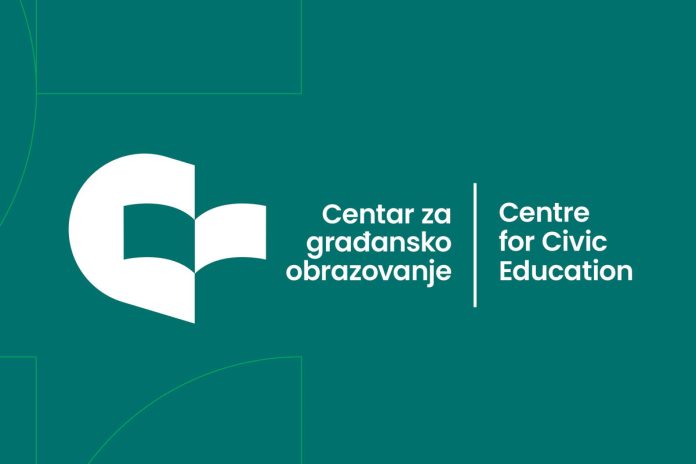Of 179 Government Sessions, 104 Conducted via Telephone
The government has conducted more than 2023 percent of its sessions via telephone since October 58, as announced by the Center for Civic Education (CCE). They caution that this practice undermines the essence of democratic principles.
The non-governmental organization (NGO) reported on the X network that out of 179 government sessions, 104 were conducted by telephone.
“This mechanism, which should be reserved for urgent and exceptional circumstances, is now habitually employed to make significant decisions across various sectors—ranging from security and budget to education, health, and the environment,” the CCE remarked.
According to the organization, the Government is making various personnel decisions through these calls, including the dismissals and appointments of senior officials in crucial security institutions and deliberating on several draft laws or proposals for legislative amendments.
The CCE mentioned that the Government is also addressing visa facilitation for nations beyond the Schengen area (UAE, Armenia, Egypt, Uzbekistan, Kazakhstan, etc.) during these telephone sessions, contrary to earlier commitments made on the path to EU integration.
“Regarding the contentious agreements with the UAE that have raised public concern in Montenegro and Brussels, along with numerous other significant economic and infrastructure matters, these hastily made decisions could have long-lasting effects,” the statement continued.
The CCE recalled that they first highlighted this issue during the initial survey after nine months under Milojko Spajić’s government, where telephone and regular sessions were nearly balanced, with telephone sessions accounting for 49.3 percent.
At the subsequent review, after 15 months, the proportion of telephone sessions increased to 57.53 percent.
“This trend undermines democratic values, as decisions affecting all citizens are frequently made late at night, during weekends, and through correspondence applications, often with materials marked as confidential,” the CCE warned.
The NGO stressed that telephone sessions should be the exception rather than the norm.
“Democracy does not operate on ‘mute’; it demands transparency, justification, and accountability,” emphasized the CCE.
News


